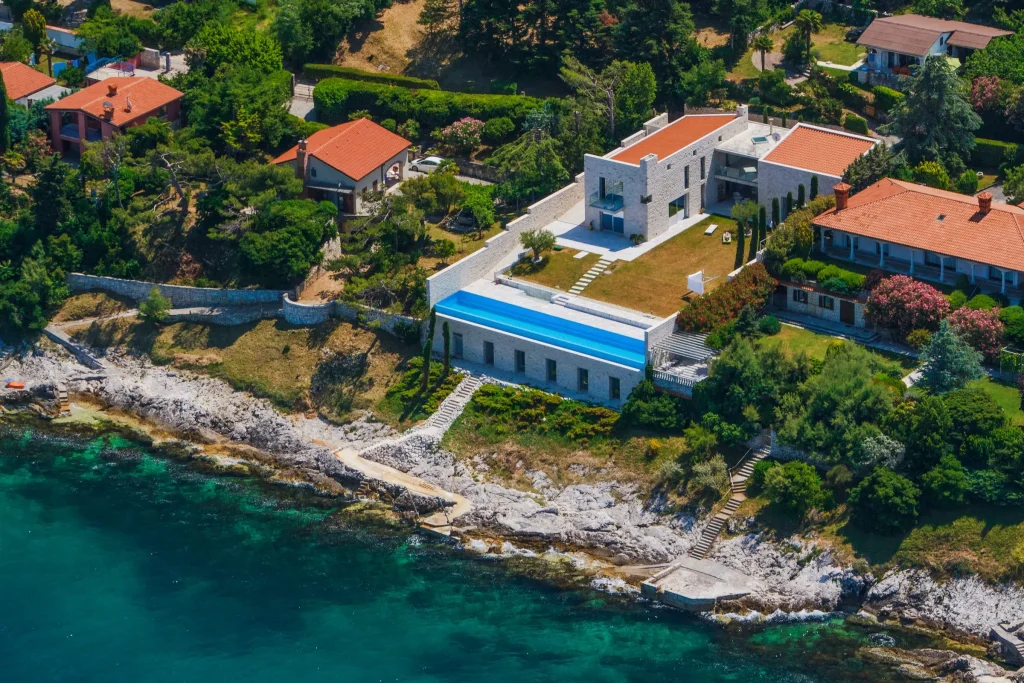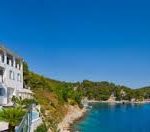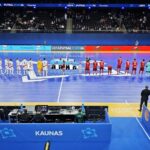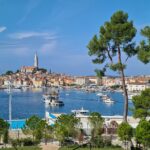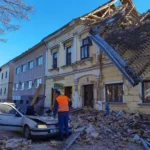As Poslovni Dnevnik/Marija Crnjak writes, the popular Croatian online buying and selling portal, Njuskalo, has some interesting statistics for us. They show that the number of active accommodation ads across the country increased by 20% from 2019 to the end of 2021, with a total of 12,015 active ads published last year.
Although in these two years there has been a slight increase in sales of property in which accommodation facilities operate, it seems that the coronavirus pandemic crisis in tourism in Croatia hasn’t actually caused a significant wave of sales of hotels, boarding houses or hostels. It has had quite a surprising effect on the aforementioned Croatian villa market, as well.
In addition to the above, there are indications that the property market in this segment has well and truly recovered, especially compared to the first pandemic year of 2020, judging by the asking prices of buildings that grew everywhere except down in the infamously expensive Dubrovnik, according to Njuskalo.
The relatively fast recovery of the country’s tourism, which stimulated the optimism of investors, is evidenced by the data of the consulting company Colliers, which presented this in their new review of the commercial real estate market in Croatia for the year 2021.
Colliers’ analysis shows that last year as many as 39 percent of all transactions related to commercial real estate on the Croatian market were conducted in the hotel sector, after a relatively low share of 22 percent one year earlier, when the retail sector had absolute primacy in transactions.
The biggest transaction in tourism last year was the acquisition of Sunce Hoteli, a company formerly owned by Dalmatian businessman Jako Andabak, and which was taken over by the development company Eagle Hills, announcing in December an investment of 44.2 million euros in the already impressive Bluesun hotel portfolio.
While investors from Central and Eastern Europe were active investors in the retail sector, domestic institutional investors, pension funds and insurance companies remain important investors in the hotel sector. Together with Valamar, PBZ CO and AZ pension funds are embarking on a new investment cycle in Valamar’s hotels on Hvar, Makarska and Rab.
Njuskalo’s statistics show that the number of accommodation facilities that were for sale in the first month and a half of this year (6735) is 30 percent higher compared to the same period in pre-pandemic 2019, but the number of ads at the beginning of this year is lower than it was last year.
The fact that the pandemic didn’t encourage the sale of hotels is shown by the distribution of these ads by segments, where it can be seen that from 2019 until today, the most which have been sold lie in the Croatian villa market, with a share ranging between 88 and 90 percent.
Hotel sales ads make up only 7 percent, and in 2019 they stood at 8 percent. The number of currently active ads on February the 15th this year was 4476, once again dominated by the Croatian villa market, followed by hotels and the lowest percentage being taken up by boarding houses and hostels. In addition, most hotels, boarding houses, hostels and villas are located on the coast, and about five percent are located in the City of Zagreb.
The highest number of advertisements relate to property located on the coast in Istria County, with the highest sales in Porec, Medulin, Umag and Labin. It is followed by Kvarner, then Zadar County with an 8 percent share. Only two percent of Njuskalo’s ads over the previous three years were located down in the Dubrovnik region. In Primorje-Gorski Kotar, most of them are in Crikvenica (18 percent), followed by Opatija and Krk. The largest share of hotels in the number of ads is in Zadar County, standing at 12 percent, while in Istria, the Croatian villa ads dominate.
For more, check out our dedicated lifestyle section.

